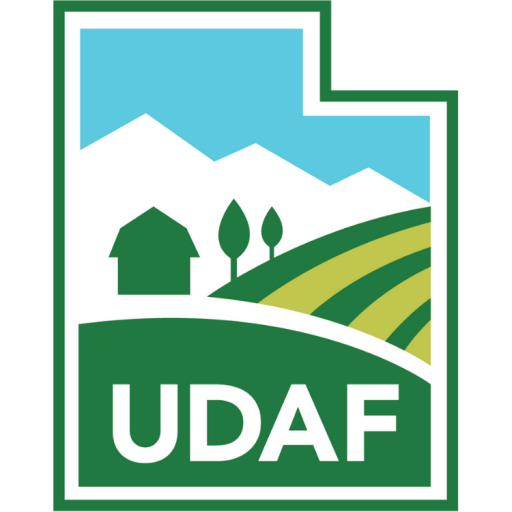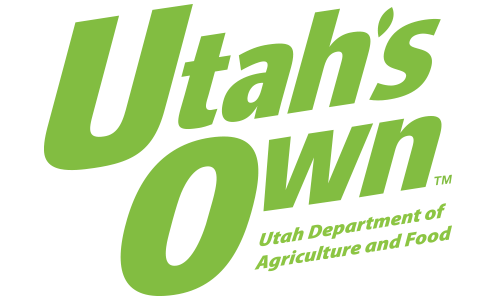Utah Department of Agriculture and Food (UDAF) will continue its policy of banning the private use of the predator control device known as the M-44, which uses the chemical compound sodium cyanide. The decision to continue the ban came during the October 10, 1997 Wildlife Damage Prevention Board meeting.
The decision was based on wildlife protection interests and on financial concerns. Speaking for the board, Utah Commissioner of Agriculture and Food, Cary G. Peterson said the Wildlife Damage Prevention Program “is not into the indiscriminate killing of animals, and it hopes to keep it that way.” Peterson was referring to the possibility that untrained and unsupervised users of the devices could unintentionally kill domestic animals and wildlife while trying to target offending predators. The board also heard information from UDAF that costs to supervise a single private user of the M-44 device for one year would run more than $20,000. UDAF, through its Plant Industry Division, is responsible for regulating the use of all pesticides in the state.
The following is information by which the Wildlife Damage Prevention Board based its action.
M-44 PRIVATE APPLICATOR REPORT: OCTOBER 10, 1997
BACKGROUND
The M-44 is one of several methods used to kill coyotes attacking livestock. The mechanical ejection device contains lethal amounts of sodium cyanide. USDA-APHIS currently registers the product in Utah for their own use in the Animal Damage Control (ADC) Program. ADC personnel are the only ones licensed to use the product in the state. There are currently 33 ADC people licensed in category 9 (Regulatory) in the state.
The Wildlife Damage Prevention Board at its February 6, 1997 meeting requested the department to submit a budget to answer the question of how much it would cost to directly supervise an applicator in the use of the M-44 devices. The following information is presented as a what-if situation. What if M-44 was registered by the Utah Department of Agriculture and Food, and private pesticide applicators were certified in the Regulatory Category (category number 9) to use the product?
EXPENSES
Monitoring activity is a cooperative state/federal program and costs for this activity are shared and not counted as part of the direct supervision expenses. Direct supervision expenses are listed below for the M-44 program for one applicator for one year:
- Personnel $2,526.36
- Travel $7,500.00
- Other Expenses $10,500.00
- Total Expenses $20,526.36
RECOMMENDATION
The department recommends no change from the current programmed use of the M-44 in the control of certain predators.
The current program requires that all M-44 users become certified pesticide applicators, including certification in the Regulatory Category. The Regulatory Category certification…is limited to state and federal, employees or persons under their direct supervision… R68-7-6.
Caution and reason in the safe use of this toxic but effective tool dictate restricted use and justify very tight control and direct supervision of each applicator using the M-44.
Budget restrictions are indeed a limiting factor in implementing a program of direct supervision of applicators. The mechanism is in place to meet the needs of the industry through the controlled safe use of the M-44.




